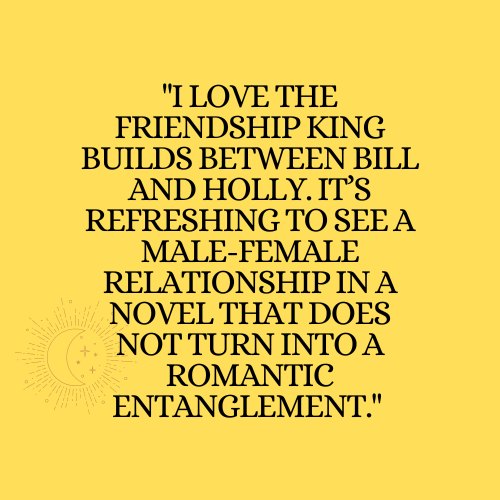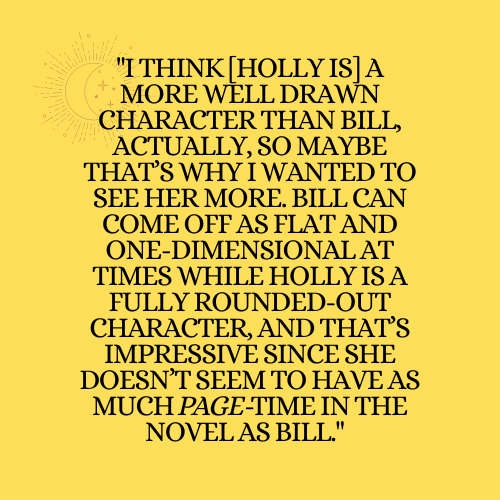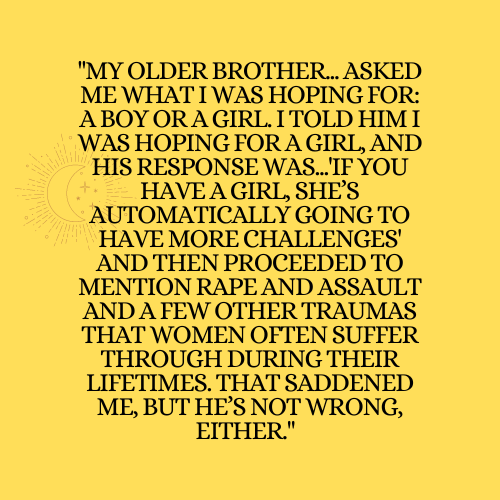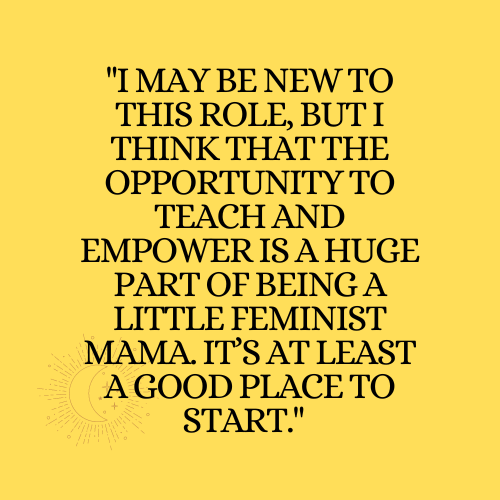The Controversial Name-Change After Marriage
Changing Your Name After Marriage
I’ve been married for approximately four months now—though it feels like I’ve been married to my partner since the moment we started dating just over three years ago—and changing my last name was not something I had even considered prior to getting married. To be honest, it didn’t really cross my mind since I was focused on the getting married part rather than the changing my last name part. It wasn’t until my family and friends started asking me if I was planning on taking my partner’s last name that I began considering the possibilities.
If I keep my last name, everything is simple: I don’t have to do an official name-change and notify a bunch of institutions and people—bank, post office, employers, federal and provincial governments—of said name-change; I don’t have to update my license, health card, or passport; all of my on paper achievements—my degrees and certifications—will still be accurate and have the correct last name on them. Yet the idea of actually changing my name, introducing myself to others with a new name, and creating a new signature are all very appealing to me for some reason. It’s not every day that you’re presented with that type of meaningful, significant, and somewhat romantic opportunity (some others might view that opportunity as a hindrance or restriction, though, and rightfully so).
This being said, if I hyphenate my last name or take my partner’s last name, then I have to do all the pain-in-the-ass paperwork that comes along with it. This is the number one hesitation I have about changing my last name: it’s a task, and one that I’m not particularly excited to complete (at least not any time soon).
I do plan on taking my partner’s last name eventually, but it’s funny—or perhaps a bit sad—that my partner wasn’t asked the same question regarding a potential name-change after marriage. Maybe he wants to take my last name after marriage. Who knows? Well, I know, and he would rather have no last name than take my last name. I suppose a husband taking his wife’s last name is perceived as a form of emasculation in the public eye and—if I’m being totally honest—I know a couple men who have taken their wife’s last name after marriage, and I initially thought it incredibly strange of them, too.
So, why is it that I—and I’m assuming countless others—think it’s strange for a man to take his wife’s last name after marriage?
A Brief History of the (Somewhat) Dreaded Name-Change
Well, I should start out by noting that what I’ve described above—a woman taking her husband’s last name after marriage—is a binary and heteronormative tradition ingrained into our way of life. It doesn’t take into account name-changes that may occur in non-heteronormative marriages. However—since I’m in a heteronormative marriage—I’m probably not the best or most experienced person to speak about name-changes after marriage from a non-heteronormative perspective; there are much more qualified individuals with more insight on the topic than myself. It’s just something worth noting before continuing with this brief dive into the historical significance of name-changes after marriage.
As you might have already guessed—would I really be addressing a topic if it didn’t have an effect on my little feminist heart?—the name-change after marriage was initially utilized as a patriarchal tool to further oppress women. In eighteenth and nineteenth century England—as well as the United States—the name-change was used to ensure that women were not able to obtain individual legal identities separate from their husbands, which was known as coverture. Basically, a young woman—a child—would share a legal identity with her father until she was married, at which point her last name would be changed to that of her husband so she would then share a legal identity with her husband rather than father.

This practice of coverture is disturbing and problematic since it implies that a woman is a piece of property that can be transferred from one man to another simply by changing her last name. Additionally, it suggests that a woman is not responsible enough nor worthy enough to be treated as an entity independent from her father or husband, which greatly limits what she can do with her life: she cannot pursue her own interests within or outside the home unless her father or husband supports those interests; she cannot have any type of financial or economic freedom; she can—quite literally—never make a name for herself.
Women have come a long way since these times—at least from my North-American or Canadian perspective—and are no longer viewed simply as property. Obviously, we still have a long way to go when it comes to obtaining gender equality—not only for women but for those individuals who identify as non-binary and transgender, as well—but I’d like to think that a name-change after marriage is not indicative of a transfer of property anymore.
For a large number of women, the name-change after marriage is now a personal choice. If the name-change is still forced, however, then it may be beneficial to revisit and take into account the disturbing history noted above.
Can You Change Your Name After Marriage and Still Identify as a Feminist?
Short answer: absolutely. And anyone who tells you otherwise doesn’t understand that a huge part of being a feminist is accepting and supporting other women’s decisions as long as they are not hurting or disempowering other women (or any other individuals, for that matter).

If a woman chooses to keep her own last name after marriage—whether it’s because she doesn’t want to support the history behind the name-change, her own last name is a large part of her identity, or she simply doesn’t want to deal with the stress of a name-change—then she deserves support. On the other hand, if a woman chooses to hyphenate her last name or take her partner’s last name after marriage—whether it’s because she finds the notion of sharing her partner’s last name romantic, she’s not particularly attached to her own last name, or the idea of a name-change is somehow appealing to her in any way, shape, or form—then she deserves that same support.
On this note, I suppose I should take my own advice and reconsider my initial judgements of those couple men I know who chose to take their wife’s last name after marriage: they, too, deserve support and even praise for disregarding gender norms and doing what feels right for them.



